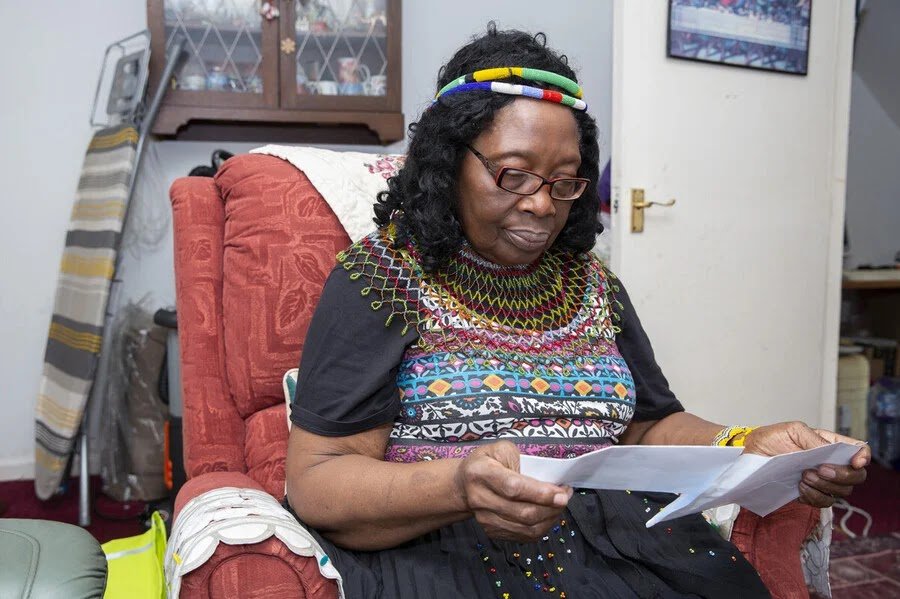Empowering dementia caregivers
How to safely handle finances for loved ones with dementia
Caring for a loved one with dementia comes with a myriad of challenges, and managing their finances safely is a crucial aspect of their wellbeing. Navigating the complexities of financial responsibilities while ensuring the security of your loved one can be overwhelming. In this guide, we will provide practical tips and strategies to empower caregivers in handling the finances of individuals living with dementia, offering reassurance and support every step of the way.
Recognising the need for financial assistance
Identifying when a person with dementia needs help with their finances is a critical step in providing support. Some telltale signs include unpaid bills, unexplained withdrawals, and donations to unfamiliar organizations. You might also notice a decline in their understanding of money, such as giving away large sums or not recognizing the value of their assets. Early intervention is key to preventing financial mishaps. It's important to approach the conversation with sensitivity and respect, acknowledging the person's desire for autonomy while expressing concern for their wellbeing. By having an open dialogue, caregivers can gauge the level of assistance needed and collaboratively develop a plan that ensures the person with dementia retains as much control over their finances as is safely possible.
Putting safeguards in place
When it comes to managing a loved one's finances, taking proactive steps is essential. Start by making the legal arrangements to create a Lasting Power of Attorney (LPA), authorising a trusted individual to make financial decisions when the person with dementia no longer can.
Caregivers should be aware of common scams targeting the elderly and educate their loved ones about these risks. It's also wise to establish a budget that accounts for the long-term needs of someone with dementia. Consider meeting with a financial advisor who understands dementia-related challenges to help plan for future expenses, such as long-term care.
Caregivers should maintain a clear record of all financial decisions and actions taken on behalf of the person with dementia to ensure transparency and accountability.
Ensuring financial safety
Protecting the finances of a person with dementia is a significant concern for caregivers. The Sibstar app offers all of the protection a person with dementia needs. You can choose where and how the person’s money is spent, as well as setting daily or weekly spending limits. As a carer, you can choose to receive notifications about how the card is being used and set up enhanced security protections as well as auto top-up so that the card never gets declined for small transactions.
By taking these precautions, caregivers can create a secure financial environment that reduces the risk of exploitation and preserves the individual's assets for their care.
Choosing trusted service providers
Choosing reputable and trusted brands is vital when selecting services and products for managing the finances of someone with dementia. Work with companies that have a track record of excellent customer service, especially those that train their staff in dementia awareness. This ensures that any potential issues can be handled with the necessary understanding and sensitivity. By aligning with trusted brands, caregivers can build a network of support that prioritizes safety and reliability, giving them confidence that their loved one's financial wellbeing is in good hands.
Providing support & reassurance
The financial aspect of caregiving is often fraught with stress and uncertainty, both for the caregiver and the person with dementia. Caregivers must balance respect for their loved one's independence with the need to take over certain tasks. Demonstrating empathy means recognising the emotional difficulties your loved one may be experiencing as they lose their financial autonomy. Offering reassurance involves providing constant, gentle affirmations that you are managing their finances with their best interests at heart. This reassurance can alleviate anxiety and help maintain a trusting relationship. Moreover, including the person with dementia in financial discussions to the extent possible can provide them with a sense of involvement and control, further enhancing their emotional wellbeing.






